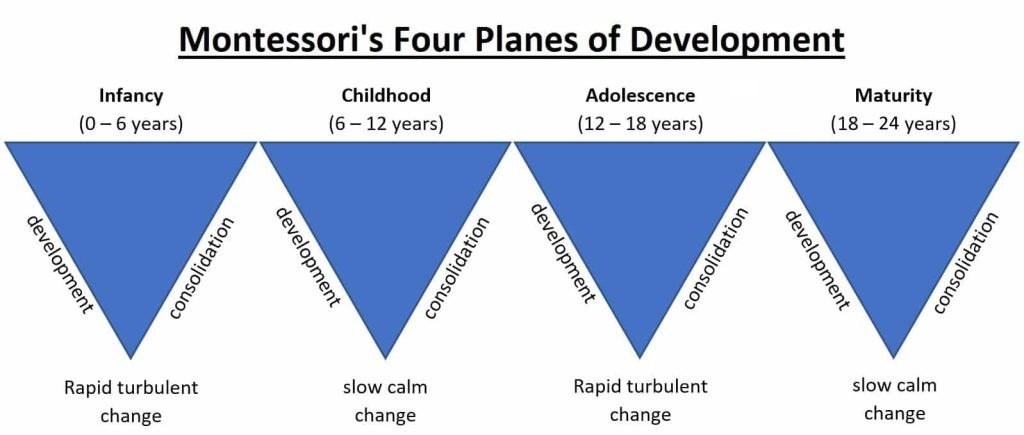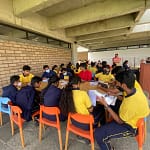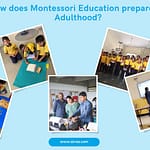Child development is a fascinating journey marked by distinct stages, each presenting unique challenges and opportunities for growth. Guided by the Montessori Planes of Development, children navigate through infancy, childhood, adolescence, and finally into maturity. Understanding these stages is crucial for parents, educators, and caregivers to provide appropriate support to nurture holistic development.
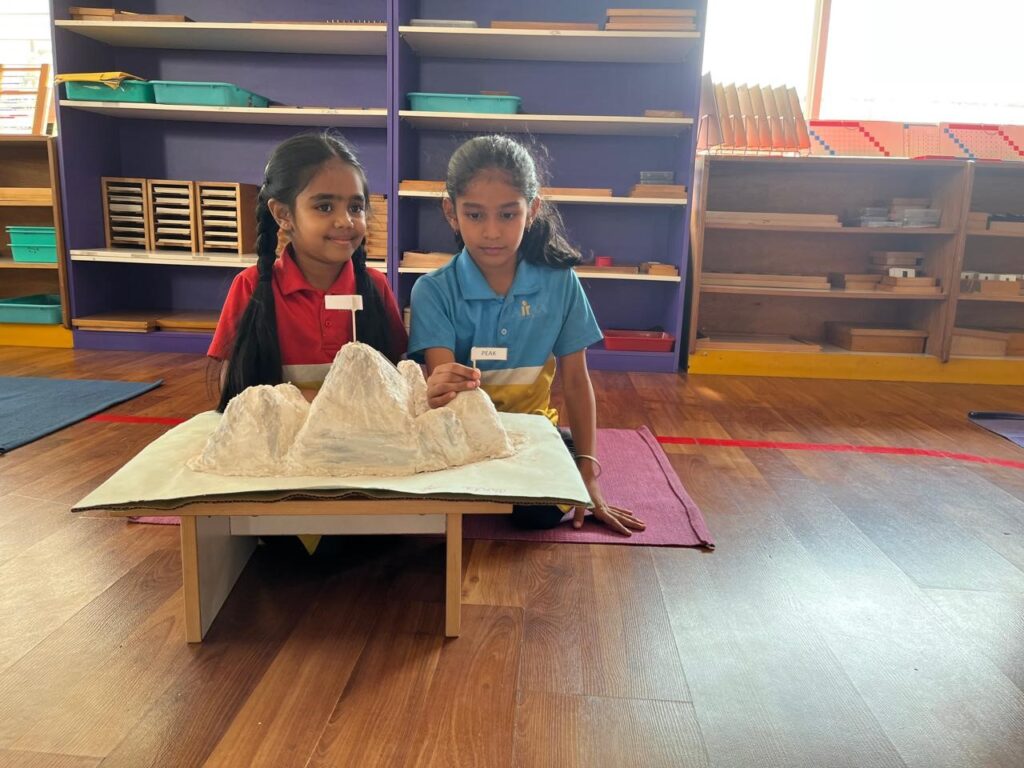
Nurturing Infancy (0-6 years) in Montessori Education
Infancy, spanning from birth to six years, is characterized by rapid physical, cognitive, and emotional growth. During this period, children absorb information like sponges, forming the foundation of their personalities and learning patterns. Physically, infants undergo a staggering transformation, progressing from fragile newborns to resilient explorers, mastering skills such as crawling, walking, and running. Simultaneously, their cognitive abilities develop as they eagerly soak up knowledge from their surroundings, absorbing language, shapes, colors, and countless other stimuli. Emotionally, infants learn to navigate a complex array of feelings, from joy and curiosity to frustration and fear, laying the groundwork for their emotional intelligence and social skills. Montessori education recognizes the immense potential of infants and provides them with the support, guidance, and opportunities they need to thrive during this critical stage of development. By creating environments that respect and celebrate their individuality, Montessori facilitators lay the foundation for a lifetime of curiosity, exploration, and learning.
Enriching Childhood (6-12 years) with Montessori Education
Childhood, spanning from six to twelve years, is a dynamic phase characterized by remarkable cognitive growth and the gradual emergence of independence. During these formative years, children undergo rapid intellectual development, marked by increased curiosity, creativity, and problem-solving abilities. As they transition from early childhood to pre-adolescence, they embark on a journey of self-discovery, exploring their interests, passions, and unique talents. Montessori education plays a pivotal role during this stage, as it emphasizes on hands-on learning and self-directed exploration. By providing children with a rich and stimulating environment filled with age-appropriate materials and activities, Montessori facilitators empower them to take ownership of their learning journey. Through freedom of choice and autonomy in their educational pursuits, children are encouraged to delve deep into subjects that intrigue them.
Empowering Adolescence (12-18 years) with Montessori Wisdom
Adolescence, spanning from twelve to eighteen years, represents a pivotal stage of development characterized by profound physical, emotional, and cognitive changes. Physically, adolescents experience significant growth spurts, hormonal shifts, and the onset of puberty, which can impact their self-perception and interactions with others. Emotionally, adolescents wrestle with a myriad of feelings as they navigate the complexities of identity formation, peer relationships, and societal expectations. This period is marked by intense introspection, as adolescents explore their values, beliefs, and aspirations and carve out their unique identities. Montessori principles empower adolescents to take ownership of their learning journey, encouraging a sense of independence that cultivates confidence and resilience. By providing environments for self-directed exploration, Montessori facilitators encourage adolescents to think critically, question assumptions, and seek out diverse perspectives.
Embracing Adulthood: Cultivating Independence with Montessori Principles (18-24 years)
Maturity, encompassing the years between eighteen and twenty-four, marks a significant transition into independence and adulthood for young adults. It is a period characterized by exploration, self-discovery, and the pursuit of personal and professional goals. As individuals navigate higher education, embark on career paths, and cultivate meaningful relationships, they are faced with a multitude of choices and challenges that shape their future trajectories. Montessori education plays a crucial role in supporting young adults during this pivotal stage of development by promoting essential skills and values that are integral to success in adulthood. By emphasizing on self-awareness, individuals are encouraged to reflect on their strengths, weaknesses, and aspirations. This approach enables them to make informed decisions and pursue paths that align with their values and passions. Montessori principles promote adaptability and resilience, equipping young adults with flexibility, problem-solving skills and a passion for lifelong learning.
Child Development Through Enriching Environments
In each stage, the Montessori approach emphasizes on the importance of providing an enriching environment that supports the natural development of the child. By recognizing and respecting the needs and abilities of each individual, Montessori education nurtures children into self-reliant, compassionate, and confident individuals equipping them to make positive contributions to society. Montessori Planes of Development provide a comprehensive framework for understanding and supporting the journey of child development. By aligning educational practices with these stages, we can ensure that children receive the guidance and encouragement they need to reach their full potential in all aspects of life.
Airaa Academy’s Holistic Adherence to Montessori’s Developmental Planes
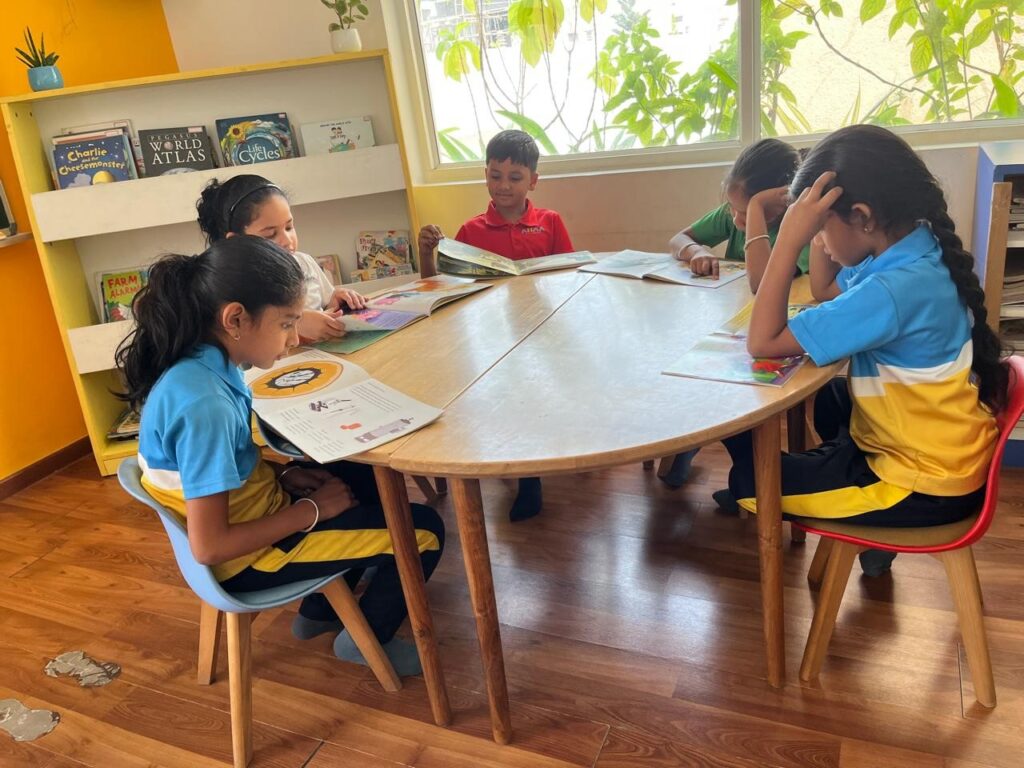
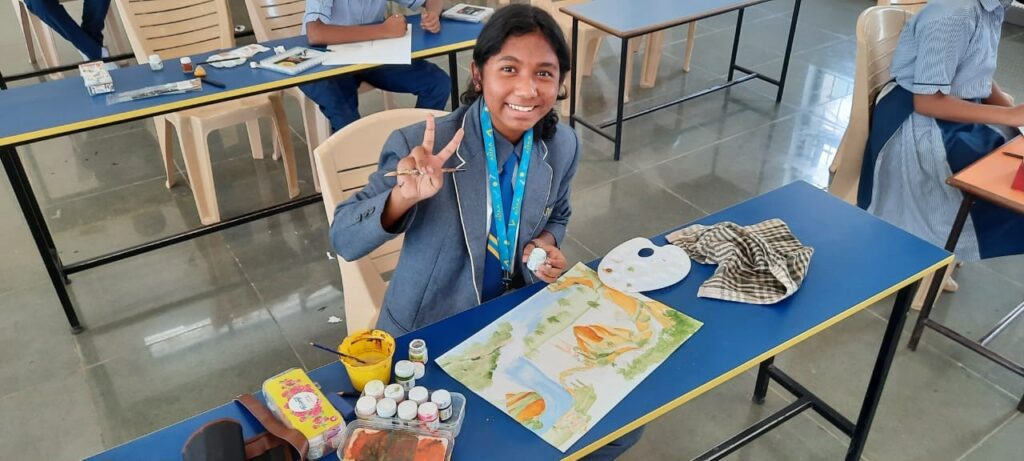
+91 6362399616 / +91 9611138180 / +91 8431237515
www.airaa.com | admin@airaa.com

